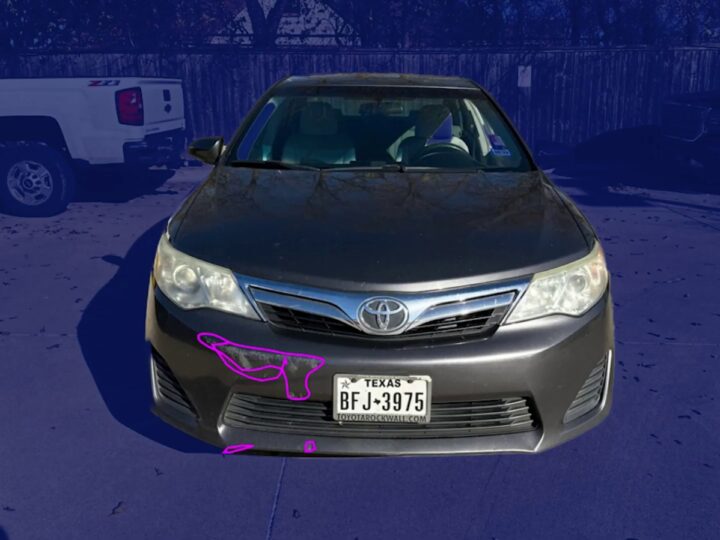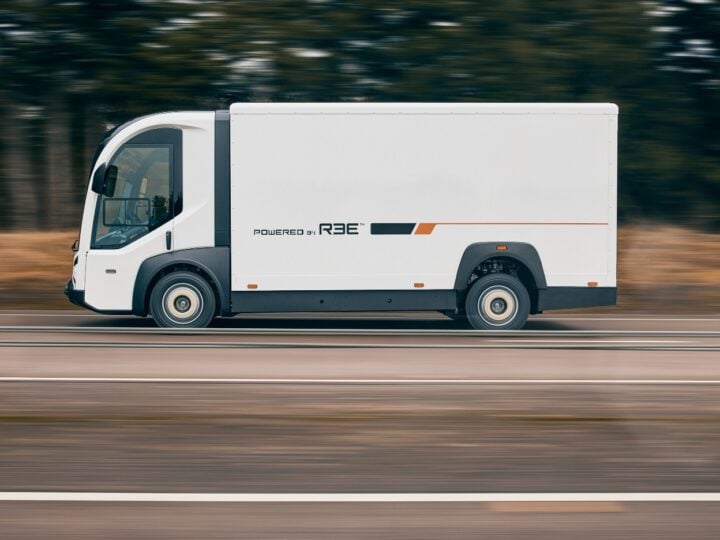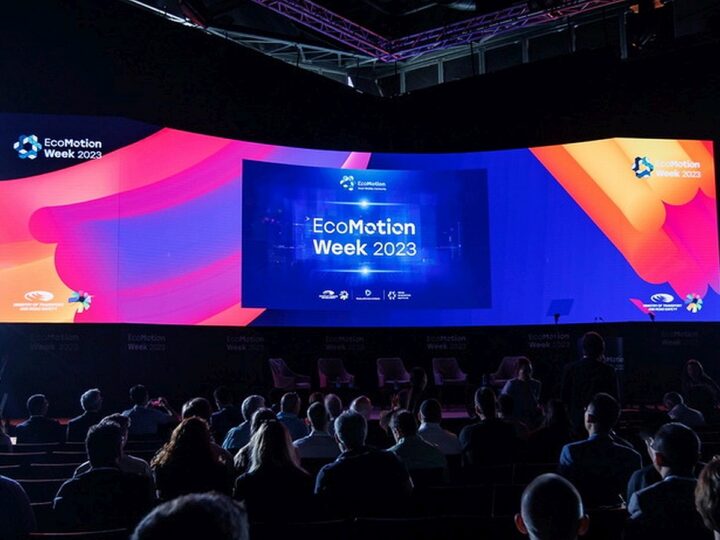About 60 startups pitched products at the 30th annual GoForIsrael investor conference on May 3 in Tel Aviv, where 1,100 participants included more than 400 investors from countries including the United States, China, Germany, Turkey, France, Mexico and Italy.
ISRAEL21c, a media sponsor of the conference organized by Cukierman & Co. Investment House and Catalyst Investments, recognized lots of early- and late-stage companies we’ve introduced to our readers in the past.
Some have become world leaders in a variety of verticals. Mobileye founder Prof. Amnon Shashua won an achievement award at the conference for his company’s game-changing influence in auto tech. Others, like CropX in agritech, OmnySense in medical devices and Albo Climate in climate tech, are breaking significant new ground.
There were unfamiliar names, too. Below are 10 Israeli companies we encountered for the first time at GoForIsrael. Each has a compelling value proposition in its field of expertise.
1. Level Hydrofoils of Haifa has designed what cofounder Arthur Yanai describes as the world’s first stabilized and sustainably propelled efoil (electric foiling is an aquatic sport combining surfing and SUP).
Level’s first efoil boards, due to be commercialized in about a year, address two issues: the need for greater user stability and the need for greater sustainability in personal watercraft.
Yanai says Level Hydrofoils, with embedded sensors and algorithms, gives users the unique ability to sail in high seas while lowering power consumption up to 80 percent due to a proprietary single-mast technology. The Israeli Center of Blue Economy and Innovation is among its funders.
2. BloomX (formerly BumblebeeAI) of Rishpon helps avocado and blueberry farmers improve yield up to 30 percent with bio-mimicking pollination devices.
Robee mimics the buzz of the bumblebee, blueberries’ natural pollinator, by using mechanical arms mounted on an electric vehicle that vibrate the stems to release pollen grains on the flower’s stigma. A predictive algorithm tells growers exactly when the best time is to pollinate, based on environmental data and other factors.
Crossbee mimics natural cross-pollination, using electrostatic charge technology to collect sticky pollen grains from one avocado variety and transfer them to another, resulting in higher avocado production and better-quality fruit.
3. Civan Lasers of Jerusalem makes dynamic beam lasers that cut manufacturing costs and production time in a traditional industry: welding.
These next-gen smart lasers quickly and securely weld together crack-sensitive and asymmetric materials. Civan is focusing on applications in the manufacturing of electric vehicles, ship panels and wind towers, among others.
4. Curalife, a global company headquartered in Tel Aviv, is tackling the diabetes epidemic with a three-pronged approach: natural supplements meant to balance blood glucose; a digital health platform enabling users to track their goals with the help of a digital buddy and a personalized plan; and access to a supportive community.
5. Substrata of Tel Aviv is reinventing B2B dealmaking from the ground up with “socially aware AI solutions” based on real-time behavioral intelligence that detects a prospective buyer’s attitudes, sentiments and intentions from digitally delivered social cues and vocal patterns.
Substrata’s coaching solutions for sales professionals, investors and other dealmakers rely on signal processing technology developed by sociolinguists, psychologists and data scientists. The client list includes heavyweights such as Qualcomm, Comcast, Adobe, EY and Barclays.
6. Exosomm of Jerusalem develops novel nutritional solutions for special medical purposes based on exosomes – protective, beneficial nanoparticles naturally present in maternal milk – upcycled from the whey byproduct of cheesemaking.
The company’s first product for the medical food space is a proprietary formula for inflammatory bowel disease (IBD), containing milk exosomes with proven anti-inflammatory activity. Formulas to fight other forms of inflammation, as well as infection and cancer, are in the future pipeline.
7. Hairstetics, based in Or Yehuda, addresses the problem of hair loss from androgenetic alopecia with a multiple-hair implantation device enabling non-surgical, zero post-procedure downtime, “lunchtime” treatment.
Hairstetics is focused mainly on women, who currently account for only 15% of surgical hair transplantation patients due to long procedures, long downtime and limited success.
The one-hour procedure is performed with cartridges pre-loaded with anatomic-like hair implants, each mechanically connected to a miniature anchor for immediate fixation to the scalp.
8. AD Knight of Herzliya was founded to improve how advanced driver assistance systems (ADAS) detect pedestrians in harm’s way, especially in scenarios with low visibility. This is a global safety concern because approximately 22% of all traffic-related deaths globally are pedestrians.
Rather than look for the person’s body, the system looks for the connected devices they are carrying, leveraging passive, anonymous data collection from Wi-Fi, Bluetooth and cellular sensing.
9. Ra’anana-based Armenta cares for dairy cow health with a pioneering acoustic technology for antibiotic-free treatment of bovine mastitis (a painful udder inflammation causing $2 billion in losses annually to dairy farmers in the United States alone).
Armenta’s painless acoustic pulse therapy has been proven to increase milk yield, improve milk quality, and reduce the practice of culling cows from the herd. The system is currently employed on more than 100 dairy farms in 17 countries.
10. XtraLit Green Energy Extraction, based in Rehovot, is reshaping the lithium supply chain for battery makers by extracting this chemical element directly from brines found in salt lakes (including the Dead Sea in Israel and Jordan), underground, geothermal sites and oil-and gas-produced waters.
The company was founded in 2022 and is headed by Prof. Simon Litsyn, an expert in electronic and industrial systems from Tel Aviv University. The company has evaluation agreements with lithium resources owners in Canada, Argentina, Chile, Turkey, France and the United States. Mini-pilot production sites are to begin operating later this year.
Fighting for Israel's truth
We cover what makes life in Israel so special — it's people. A non-profit organization, ISRAEL21c's team of journalists are committed to telling stories that humanize Israelis and show their positive impact on our world. You can bring these stories to life by making a donation of $6/month.









